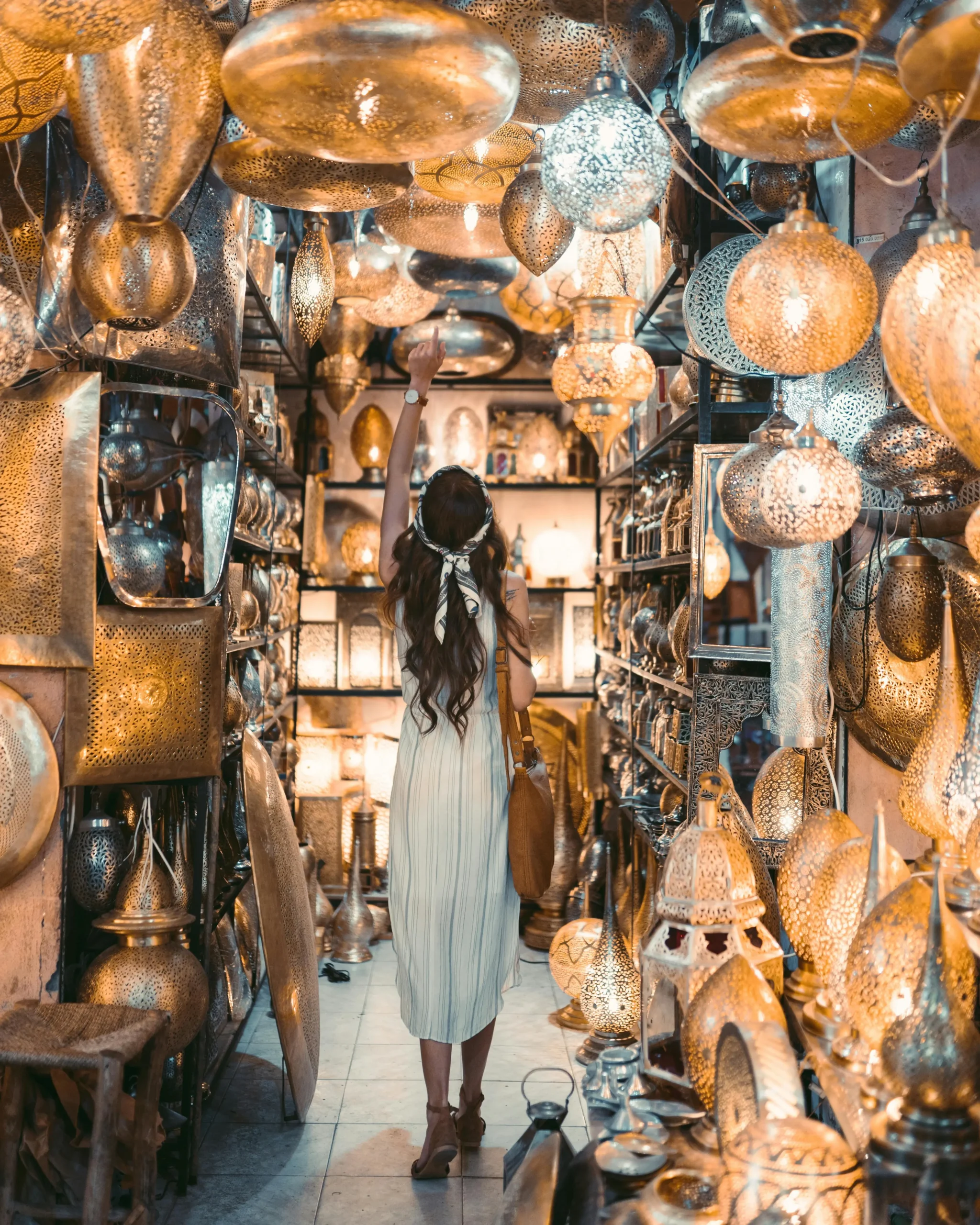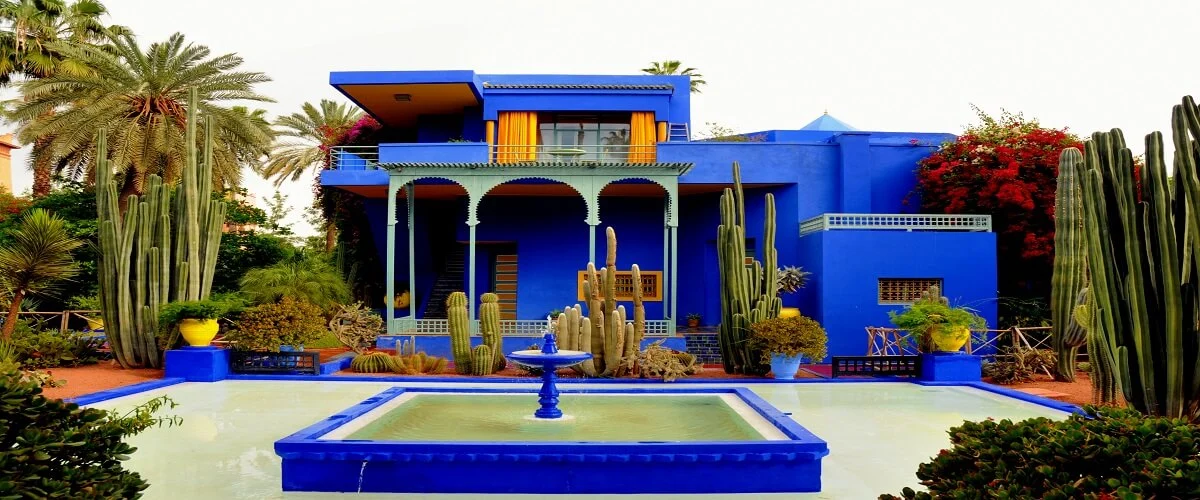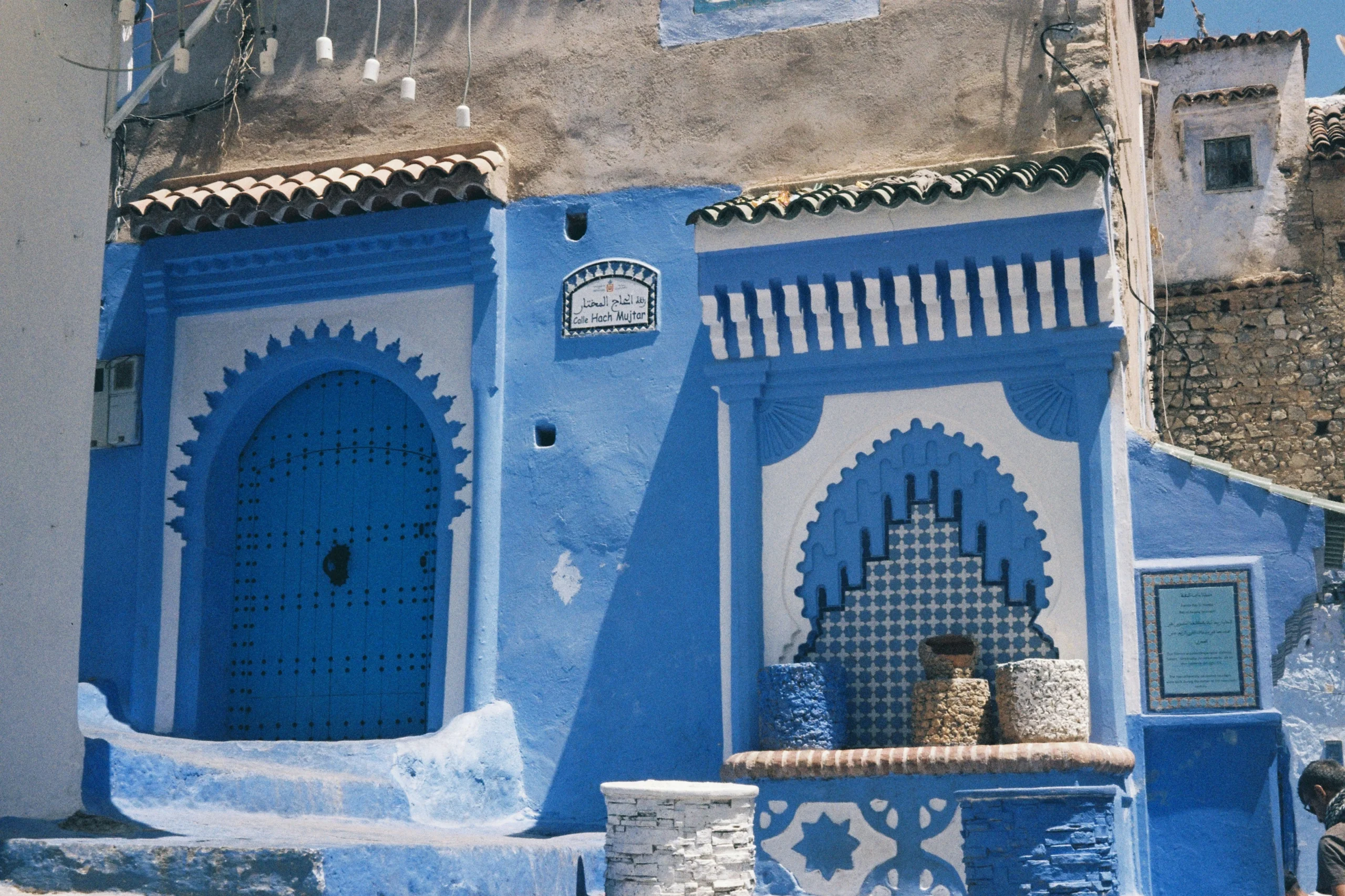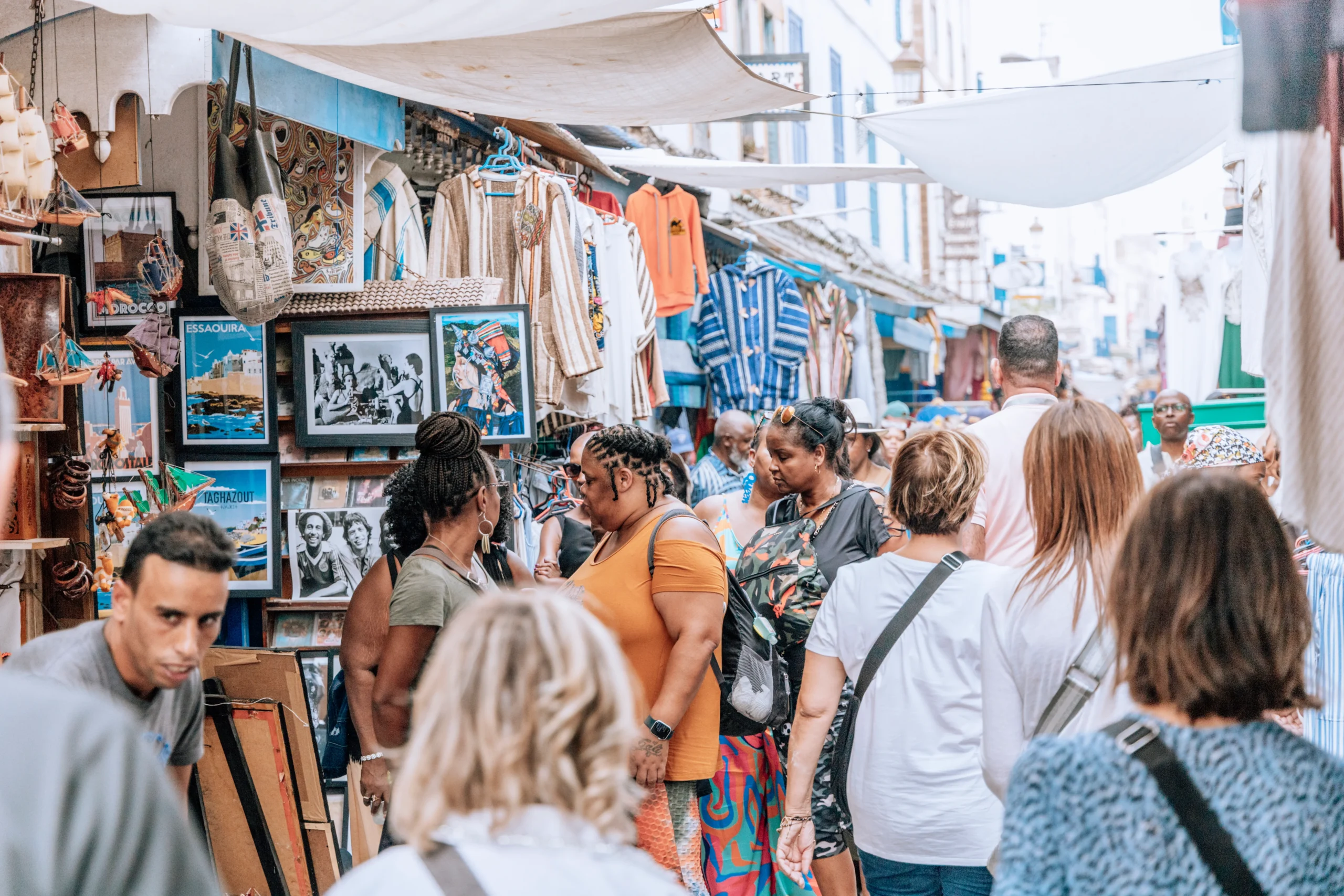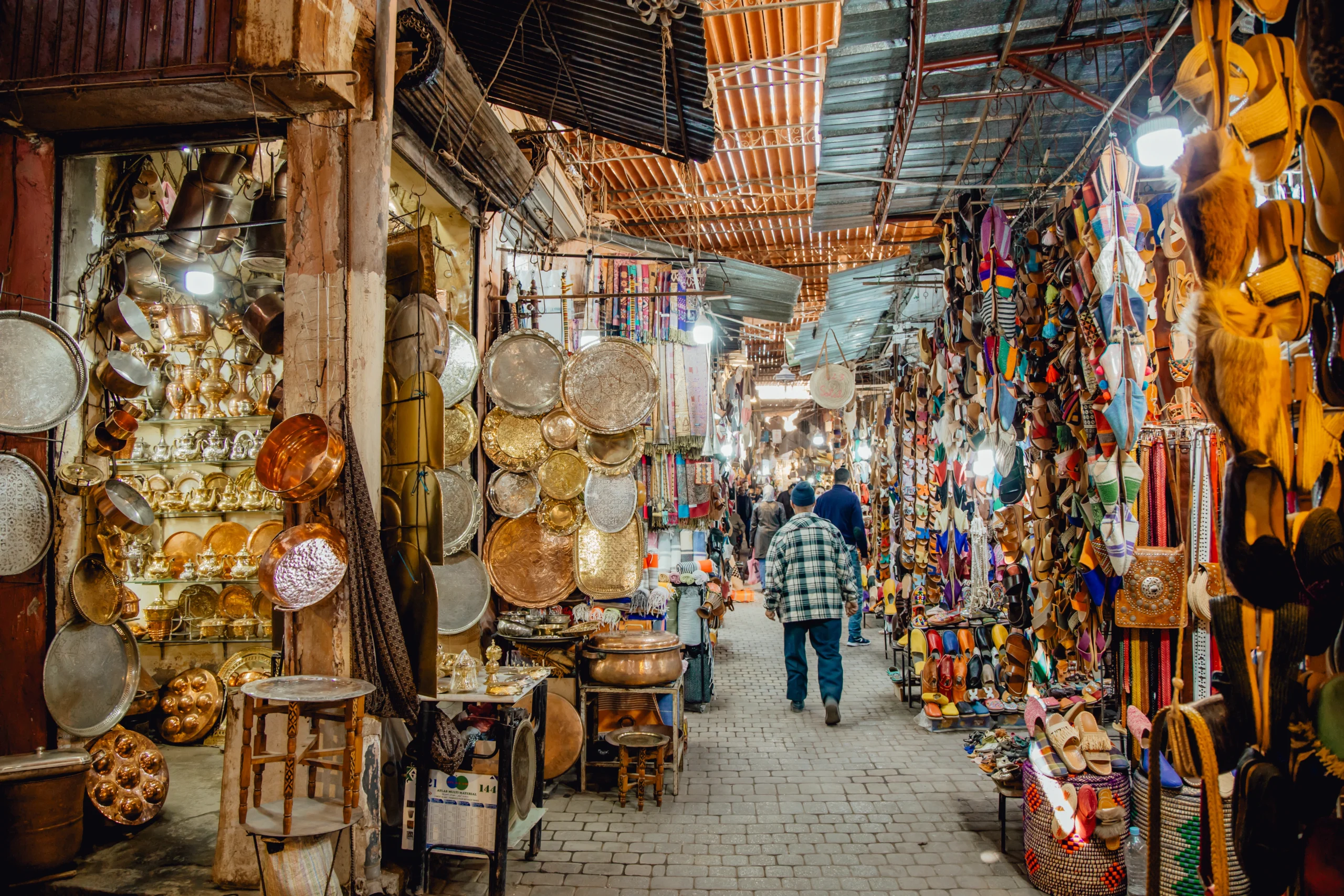6 compelling reasons to explore Morocco
6 Compelling Reasons to Explore Morocco
Morocco remains a top travel destination thanks to its warm climate, stunning natural beauty, rich cultural heritage, and mouthwatering cuisine. Whether you’re drawn to its picturesque landscapes or vibrant traditions, Morocco offers something for every traveler. Here’s why it should be your next vacation spot:
Ideal Climate All Year Round
Morocco’s diverse geography ensures pleasant weather throughout the year, making it a destination for all seasons. From the serene beaches of the Atlantic to the snowy peaks of the Atlas Mountains and the golden sands of the Sahara Desert, there’s a climate for everyone.
Seasonal Highlights
Winter: Sunny days and cool nights with temperatures in the high teens (Celsius).
Spring (March-June): Warm days with temperatures ranging from the low to high 20s (Celsius).
Summer (July-August): Inland areas can reach up to 46°C, but coastal regions remain comfortable in the upper 20s to low 30s.
Autumn (September-October): A mix of summer warmth and mild temperatures, ideal for exploring.
Breathtaking Beaches
Morocco boasts a coastline filled with stunning beaches. From the bustling resort town of Agadir to the charming, artsy vibe of Asilah, you’ll find beaches perfect for relaxation or adventure.
Popular Beach Destinations
Agadir: Known for family-friendly resorts like Sofitel Agadir Royal Bay and Iberostar Founty Beach, offering private beaches and luxurious amenities.
Asilah: A budget-friendly gem with nearby spots like Paradise Beach for swimming and sunbathing.
Cultural Richness and Abundance of Museums
Morocco is a treasure trove of history and art, with cities like Marrakech, Fez, Meknes, and Rabat offering an array of cultural experiences:
Must-Visit Museums
Mohammed VI Museum (Rabat): Showcasing modern and contemporary Moroccan art.
Borj Nord (Fez): A hilltop museum dedicated to military history with panoramic views of the city.
Explore traditional Moroccan craftsmanship in bustling souks and discover a world of textiles, leather goods, jewelry, and handmade rugs.
Delectable Cuisine
Moroccan cuisine is a flavorful blend of Mediterranean, Berber, Arabic, and African influences. Savor iconic dishes like Tagine and Couscous, complemented by refreshing Moroccan mint tea. Don’t miss out on the country’s sweet and juicy fruits, from peaches and dates to the unique cactus fruit.
Culinary Highlights
For seafood lovers, freshly grilled sardines are a must-try. Morocco’s olives and high-quality olive oil are also renowned worldwide.
Warm Hospitality
Morocco’s hospitality is legendary. Visitors are often welcomed with a warm smile and a glass of tea. The Moroccan people are known for their generosity and friendliness, creating a welcoming atmosphere for travelers.
Hallmarks of Moroccan Hospitality
Tea Culture: Offering tea is a traditional gesture of hospitality.
Tolerance: Morocco’s open-minded and inclusive society ensures a comfortable experience for all visitors.
The Majestic Moroccan Sahara
No trip to Morocco is complete without experiencing the Sahara Desert. From camel treks across vast dunes to overnight stays under a star-lit sky, the Sahara offers a magical escape.
Explore the Sahara
Activities: Camel rides, quad biking, and camping.
Beyond the Desert: Explore oasis villages, lush valleys, and the rugged Atlas Mountains along the way.
Plan Your Morocco Adventure
With its ideal weather, breathtaking landscapes, rich culture, and warm hospitality, Morocco is a dream destination. Whether you’re exploring the best things to do in Marrakech or venturing into the Sahara, Morocco promises unforgettable memories.

